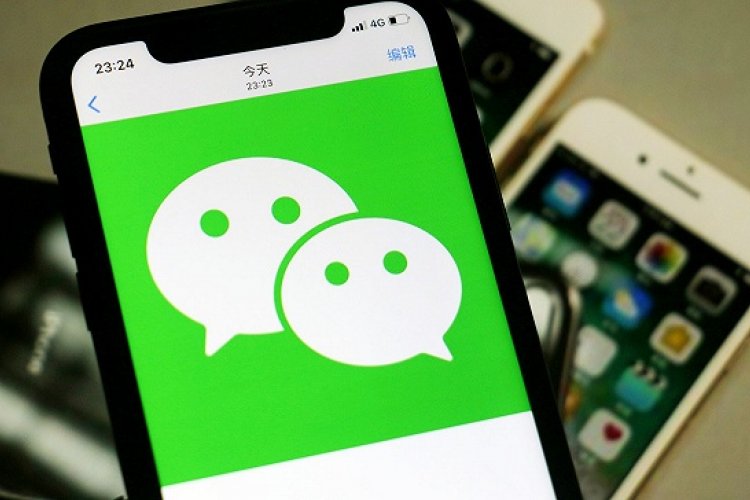Is Facebook Coming for Your WeChat Data? Shady New Plugin Raises Eyebrows
If you came to China from another country, it probably wasn't because you were running away from overgrown social media companies trying to harvest your data for profit. After all, if that were your concern, why come to a place where data harvesting for security purposes is less of an open secret than a proclaimed fact?
And yet, foreigners do find some solace in the notion that the data harvested in China will stay in China, tightly under seal and safe from the profiteers of Silicon Valley. That may be changing now due to the globalization of China’s own platforms.

Users who have both WeChat and Facebook and/or Twitter on their phones may be surprised to find that the apps have suddenly connected themselves through a hidden plugin. This plugin serves as a clear functional purpose: it allows WeChat users to repost their Moments directly to Facebook with the tap of a button. But for anyone with a passing familiarity with Facebook’s data scandals, such a connection should raise eyebrows.
Is Tencent sharing your data with Zuckerberg?
Actually, this isn’t the first time WeChat has done this. “This is just the domestic users playing catch up,” Vermilion von Kangur, a researcher for Global Digital Week, told the Beijinger, noting that while this plugin is new to the mainland, it had already been implemented for users outside of China. Kangur speculates that this could indicate a step toward a restricted version of Facebook being made available in China. In July of last year, Facebook opened a subsidiary office in Hangzhou for a single day before their permissions were pulled.
At nearly a billion monthly users, WeChat is the fifth most popular social media app in the world. Three out of the four competitors ahead of it are owned by Facebook (Facebook, WhatsApp, and Facebook Messenger).
“Given Facebook's fall from public grace after all the data scandals (think Cambridge-Analytica and inappropriate sharing of user information), Tencent may now see an opportunity to enter into the competition for overseas users,” says Kangur. “This can feel like a merging of all social media apps... so that, eventually, whatever you share is out there in [the] open for anyone with a motive to access.”
Obviously, when it comes to data privacy, Tencent is not exactly squeaky clean either. Last year, South China Morning Post reported on a trend among privacy-minded young people to delete WeChat altogether, despite the impact such a move has on their ability to connect with the world around them. Like Facebook, however, the company has taken some steps to mitigate users’ concerns. Earlier this week, for example, WeChat blocked links to a “deep fake” app that seamlessly inserts user’s faces into famous movie scenes after public outcry about the app’s shady terms and conditions.
If you want to restrict Facebook from connecting to your WeChat, simply open WeChat, go to Me > Settings > General > Plug-ins, and if you see Facebook listed, click on it to disable the permissions.
READ: Do as the Locals Do: Order Services via These 5 WeChat Contacts
Images: thenextweb.com, Anna Pellegrin Hartley







